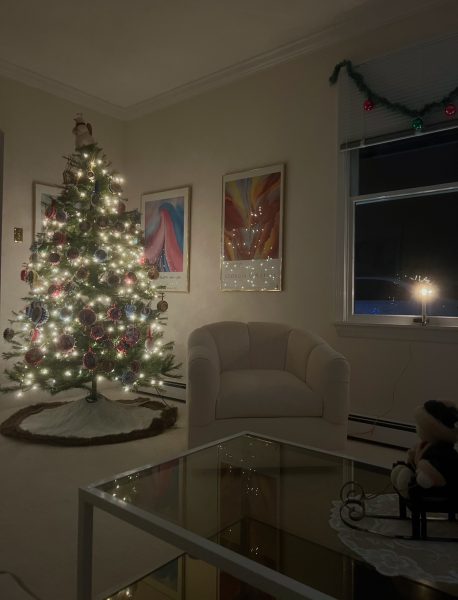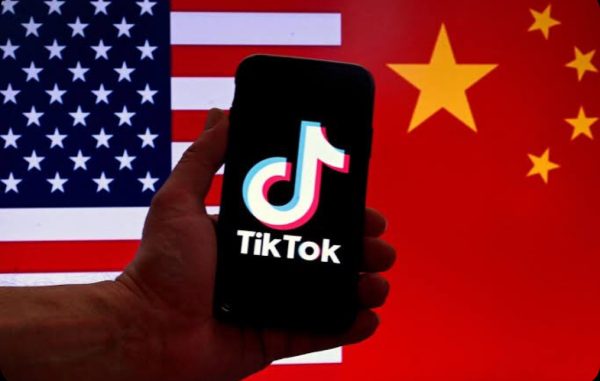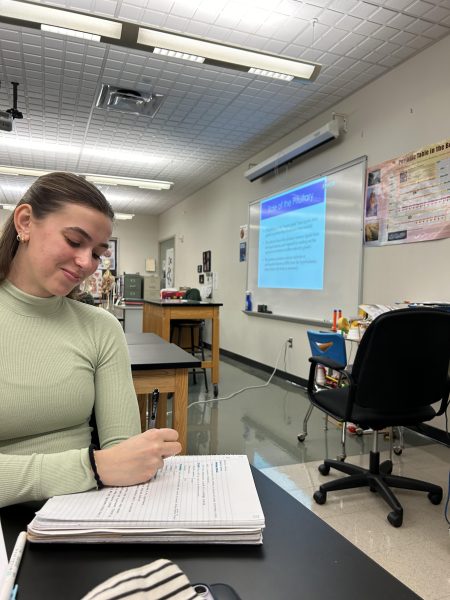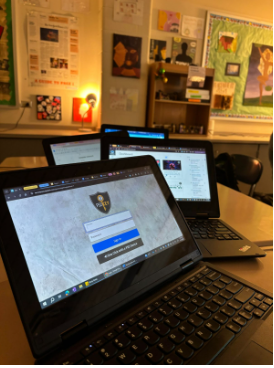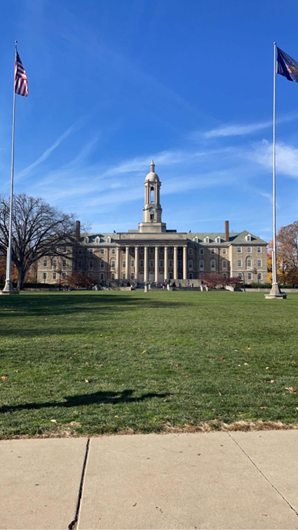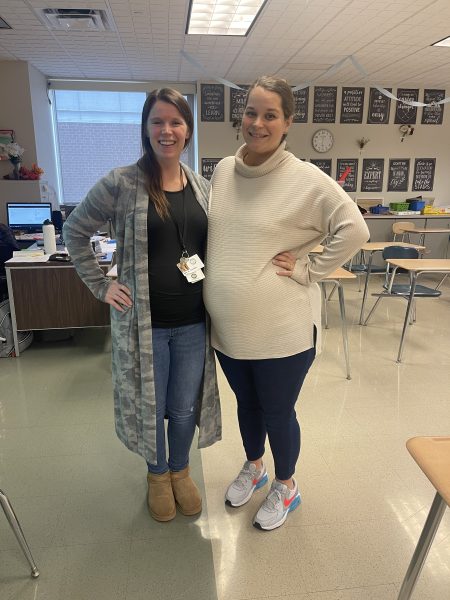Music Education: An Exciting Opportunity Open to All
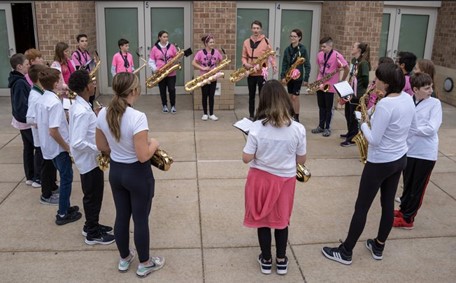
Andrew Veres / Pennridge Marching Rams’ Photographer
Pennridge Middle School Band Night in October 2022
Music education is known for its entertaining, inclusive, and creative nature. It is imperative that music education in school education as this branch of education positively impacts students. Since the 19th century, music education has held an important role in providing students with the opportunity to learn to play an instrument or sing. (Campbellsville University) Student creativity expands exponentially with the inclusion of music education within the school setting.
Despite the benefits, some may argue students are exposed to music that is deemed offensive; however, at the time of composition, the lyrics were relevant to that era. One example of this is “Ring Around the Rosey,” a popular nursery rhyme. Kevin Feher, a music educator at Pennridge High School, advocates for music education. When it comes to subjective music, Feher feels that recognizing the background of the music is necessary and that we must “evolve with it.” He believes that “growing as a culture” is important when it comes to exploring different styles of music.
Students who participate in the arts, such as a music class, for at least three hours per week, reap intellectual, social, and emotional benefits. They’re four times more likely to be recognized for academic achievement, participate in math and science fairs, be candidates for writing awards, and be three times more likely to be elected to a school office or win an award for school attendance. (EbscoHost) Gavin Tirjan, a senior at Pennridge High School, has benefited from the school’s music education program. Tirjan fears that the reduction of music education programs in school would “reduce lots of opportunities for kids who want to go into art programs.” Feher adds “a lot of what we value from an education perspective is what we can turn into a job.” Keeping a course in which a small quantity of prospective music majors may benefit seems impractical, but also consider the larger student body who plan to maintain music as a hobby rather than a career — they would also be affected by the change.
Solutions to the frowned upon properties of music education might include creating a schedule centered around a specific music course and discussing so-called offensive music through organizations such as Education Through Music (ETM). (SBO Magazine) Music education shouldn’t be lessened for reasons such as exposing minute doses of controversial music if any, and its impracticality through assisting only a small quantity of music students who plan to become professional musicians. Rather, entertainment, inclusivity, and creativity through music are factors that students could otherwise not have access to or experience firsthand without music education.
Links to referenced sources:
History of Music Education in the United States (Campbellsville University)
The Arts are a Vital Part of Education. (EBSCOhost)
https://search.ebscohost.com/login.aspx?direct=true&db=pwh&AN=23575236&site=pov-live.
Education Through Music (ETM)
Let’s Decolonize Music Education (SBO Magazine)
Liam Smith, Grade 12. Interests/hobbies include playing in the Marching and Jazz Bands as well as jamming with friends, Pit Orchestra, NHS, skiing, playing...
